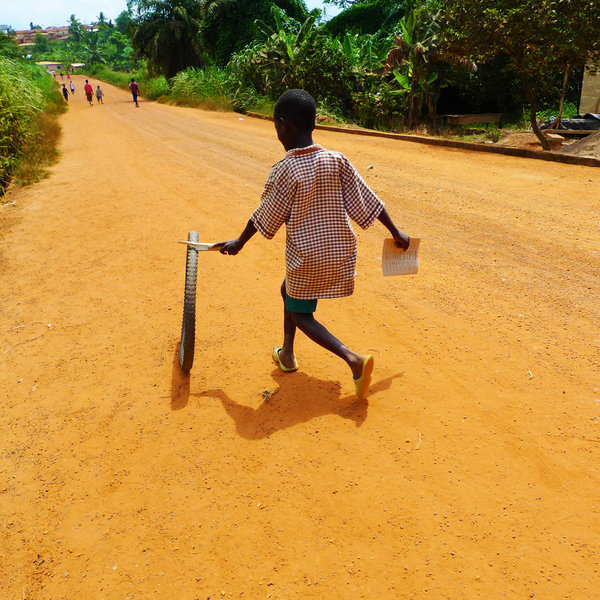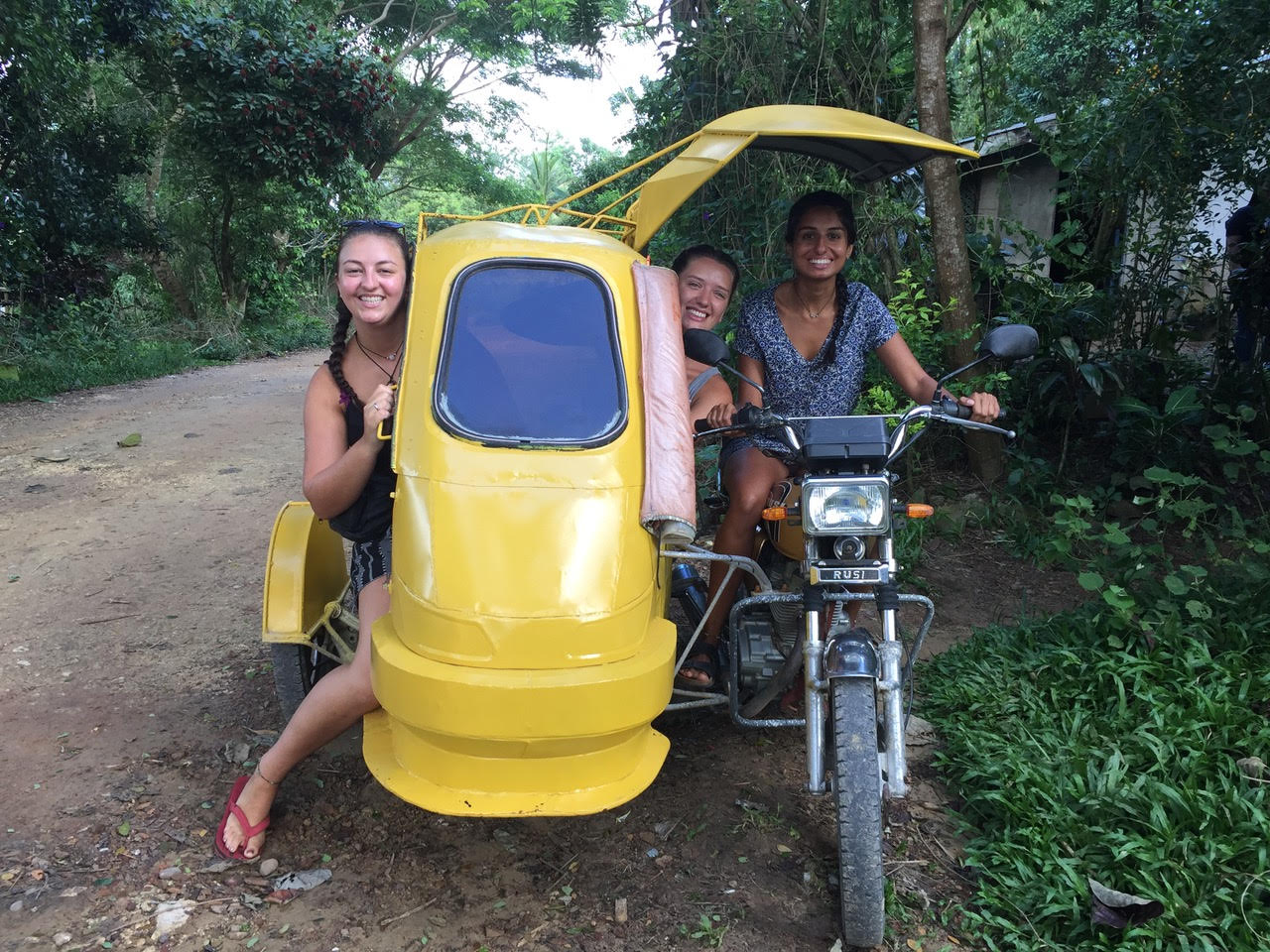Annelot Lourijsen is a student at Universiteit Antwerpen.
As part of my Tanzanian healthcare experience, I chose to add Work the World’s Village Healthcare Week to complement my city-based placement in Dar es Salaam. Not only did this afford me the chance to work in a local rural clinic, but also to get involved with lots of cultural activities that I wouldn't be able to try elsewhere.

Before we left for the village—I was travelling with three friends—we’d only heard good things about the village week. Needless to say we were excited. The morning of departure arrived and we were taken to the bus station from which we would make the journey to a village on the western side of the Uluguru Mountains. We finally arrived at the village at around 7pm, which is when the Work the World guide met us.
He looked after us incredibly well, and acted as a translator for the week.

In contrast to the the Work the World house back in the city, we stayed in the family home of a nurse who worked in the local clinic. During the walk to his house, local people were calling out to us with “mzungu!” (a friendly term used for Caucasian people). The village kids were also keen to get to know us. When we arrived, his wife and son welcomed us with dinner.
The food was amazingly good; and the portions were absolutely huge.
On Monday morning, the real adventure started. At 7:15am, it was time to walk to the local clinic. The night before, we had arrived in the dark, but now we could see what the village really looked like and it did not disappoint. Small houses with tin roofs, sandy orange roads and a lot of people going about their business. The clinic itself was small and quite old, but it worked effectively and all the nurses were so kind. In the afternoon we went to visit the traditional healer.

When we arrived, we were directed to a small room. Inside was the healer, his two wives (as is customary here) and their babies. The healer burned incense and chanted whilst telling us some amazing predictions for our futures. I was pleased to find out that I will be a qualified doctor somewhere between the end of my twenties and beginning thirties, and that I will marry around that time!
The following afternoon, after the morning clinic, we hiked to the waterfalls. Not only was the view stunning, but it was a great opportunity to have a shower and to wash our hair—running water isn’t a luxury the village enjoys.

On Wednesday, before we went to the clinic, we visited the school in the village to meet the children. The kids were elated at the sight of the candy we brought with us! Some classes were full of children, which was great to see. However, we found out that many kids couldn’t attend school as their parents couldn’t afford uniforms.
That afternoon, we went to see a traditional dance. All of the kids in town came to see it, not for the dance itself but to watch mzungus try to learn it! Sadly, we weren’t quite flexible enough to perfect the moves.

Thursday was the last and best day at the clinic. We spent the morning weighing babies and assisting with vaccinations, one at a time. There was plenty of patient interaction to be had here, which was brilliant.
To give you more detail around the kinds of thing we saw in the clinic, there were examinations of pregnant women, a HIV and TB day, and we were even lucky enough to observe some births. There was also a minor theatre, but we didn’t see it used during our stay.
The week flew by, and if I had the chance I would absolutely go again.
All I can really say is if you’re going to Dar es Salaam is: make sure you add to the Village Healthcare Week! It will be the highlight of your placement as it was for my friends and I. It really is an experience you will never forget.
.jpg)







